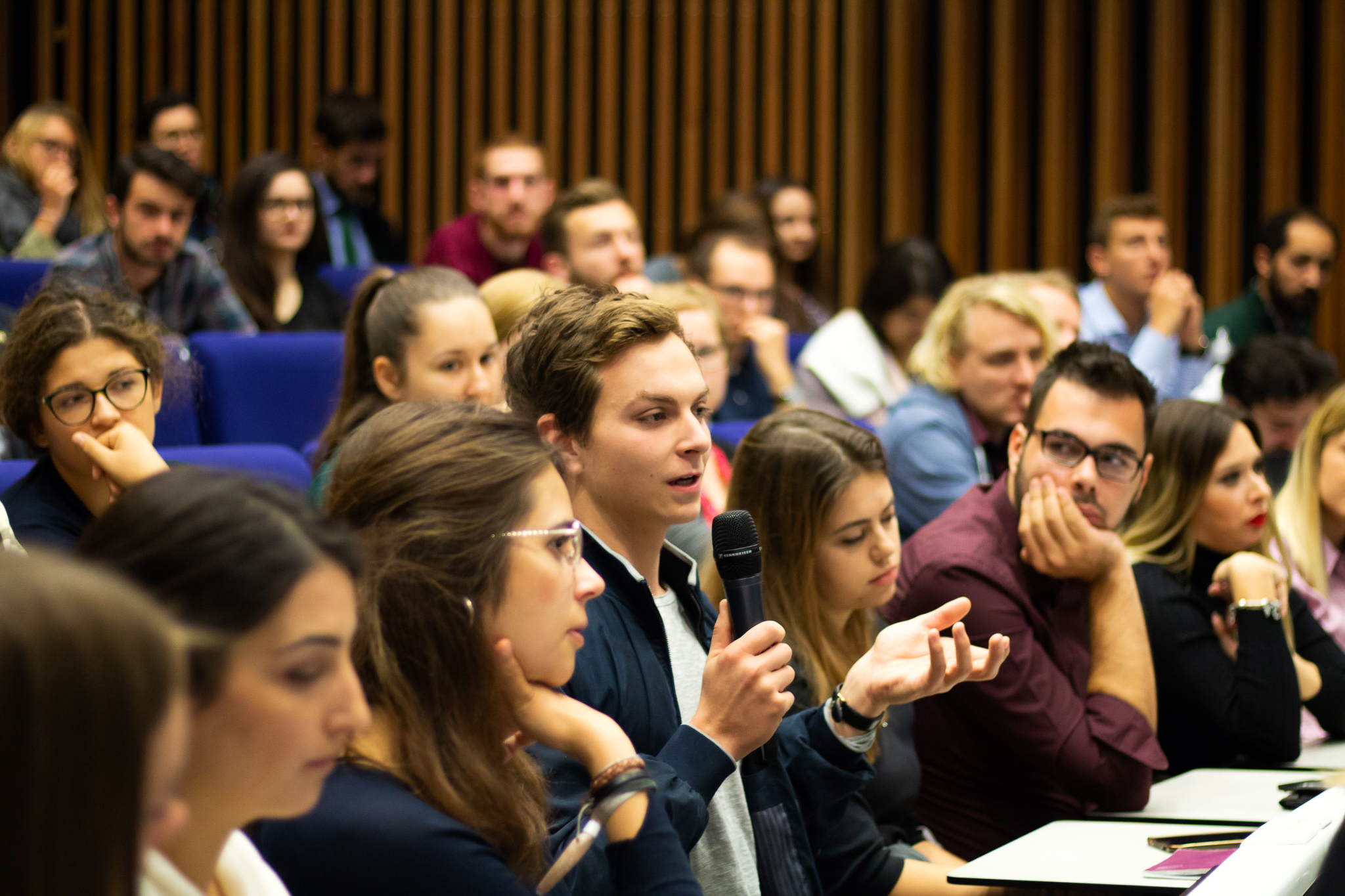
A main goal of Erasmus+ is to contribute to the achievement of the objectives of the strategic framework for European cooperation in education and training, which includes making lifelong mobility a reality and improving the quality and efficiency of education and training. There are many reasons why students do not or cannot go on mobility, often due to working capacity issues, not knowing the benefits, or simply being intimidated by going to another country. There are also many cases where students are unable to go on mobility because of employment obligations or strict university programmes. With the implementation of the new Erasmus+ programme, there is the possibility to adapt programmes and practices of higher education institutions, including a variety of lengths and mobility types.
In response to these potential opportunities for the improvement of international student mobility programmes, the University of Versailles Saint Quentin-en-Yvelines (UVSQ) launched the “How long is too long”, an Erasmus+ KA2 project, with the aim to enable Higher Education leaders and internationalisation managers to adapt and improve their mobility strategies, fostering mobility schemes with the greatest impact on key competences of students, including mobility schemes mixing distant learning and physical mobility (blended learning), and broader mobility for all types of Students.
The project will have an impact on the Local, National and European levels. On the European level, a series of recommendations will be made to the attention of higher education institutions, to make them aware of better mobility practices and to enhance their ability to design-conscious internationalisation strategies. This information will enable a smoother transition towards the new programme and the new mobility typologies that it will support.
The consortium is constituted of 4 Universities, with diverse existing links between them, and two Institutions acting on the European level. The University of Versailles Saint Quentin-en-Yvelines is the coordinator, working with the Eötvös Loránd University, the University of Porto, the University of Lodz, the University of Marburg, the European University Foundation and the Erasmus Student Network.

Follow ESN